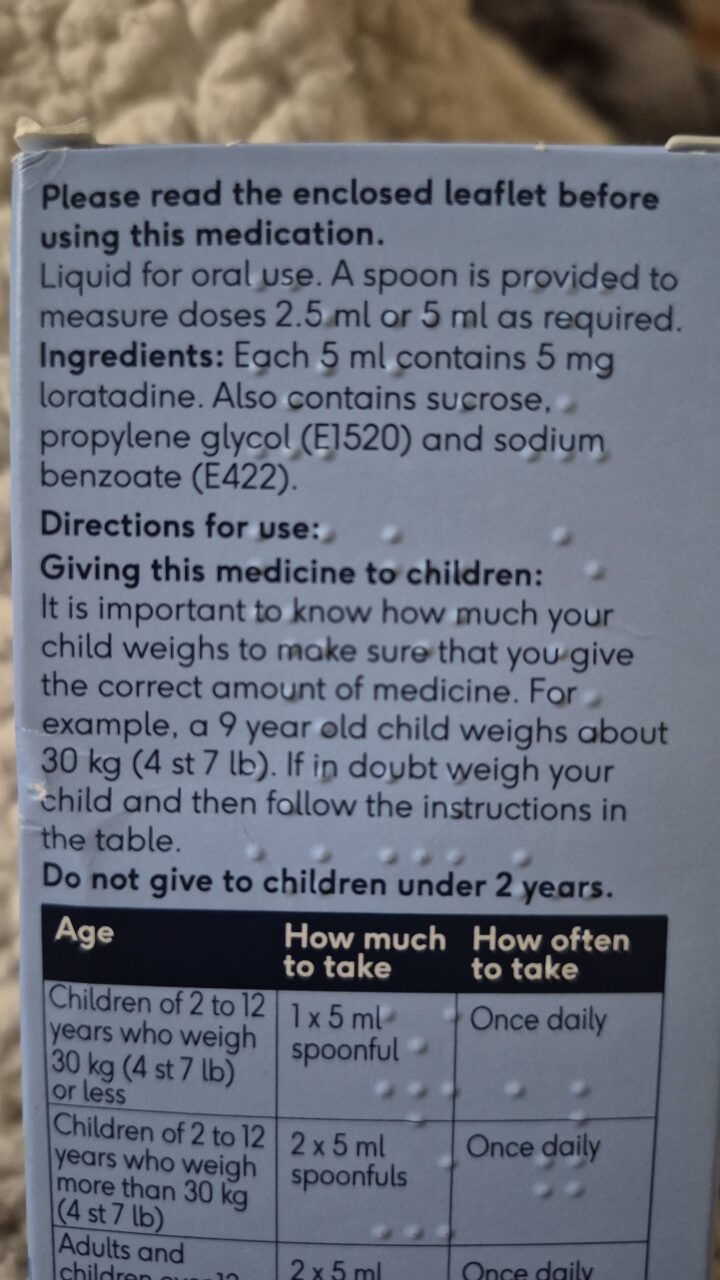
Barcode: 5045094970179
medication
HALAL
📝 Reason: All listed ingredients are synthetic or plant derived and do not involve any haram materials according to provided Halal, Haram, and Doubtful ECodes lists. No alcohol, pork, or non-Halal animal product is used. According to Quran 5:3, Muslims are to avoid haram ingredients. External sources (IFANCA, eat-halal.com) confirm these ingredients are Halal.
📄 Certificates: Vegetarisch
Ingredients:
Details
Understanding the Halal Status of Medication
If you’re a Muslim seeking assurance about the Halal status of certain medications, you’re not alone. Many of us want to ensure that the products we consume align with our faith. Today, we’ll take a detailed look at the medication in question and its Halal status.
Halal Status Explained
The medication is certified as HALAL. According to Islamic teachings, particularly Quran 5:3, it is crucial for Muslims to avoid consuming haram (forbidden) ingredients. Fortunately, this particular product has been analyzed, and all ingredients are either synthetic or plant-derived, ensuring they do not involve any haram materials.
External sources such as IFANCA and eat-halal.com also confirm that the listed ingredients are Halal, which gives us further confidence in safely using this medication.
Ingredients Analysis
Let’s break down the ingredients to understand their Halal compliance:
- Loratadine – Status: Halal
Loratadine is a synthetic antihistamine widely used for alleviating allergy symptoms. Importantly, it does not contain any animal or alcohol-based derivatives, making it compliant with Halal standards. For more information about Loratadine, you can visit Drugs.com or Halal Haram.
- Sucrose – Status: Halal
Sucrose is commonly derived from either sugar beets or sugar cane, both of which are plant sources. It generally does not contain any animal origins unless processed with bone char, a method rare in medications in Europe and the US. For more details, check Halal Haram or IFANCA.
- Propylene Glycol – Status: Halal
This synthetic compound is derived from petroleum and is often used as a solvent or carrier in medications. There are no animal or alcoholic components in propylene glycol, confirming its Halal status. More information can be found at IFANCA or Food Chem Additives.
- Sodium Benzoate – Status: Halal
Sodium benzoate (E211) functions as a preservative that is usually produced synthetically. It is recognized on Halal ECodes lists as compliant, marking it safe for consumption by Muslim consumers. More details are available at Eat Halal and Cargill.
Brand and Certification Context
While the specific brand of this medication isn’t mentioned, it is important to ensure that any product you consider includes verified Halal certifications. This medication also holds a Vegetarisch certificate, indicating it is suitable for vegetarian consumption, which often aligns with Halal standards.
In conclusion, the medication is Halal compliant, making it safe for Muslim consumers. By understanding the ingredients and their sources, we can make informed choices in accordance with our beliefs.
